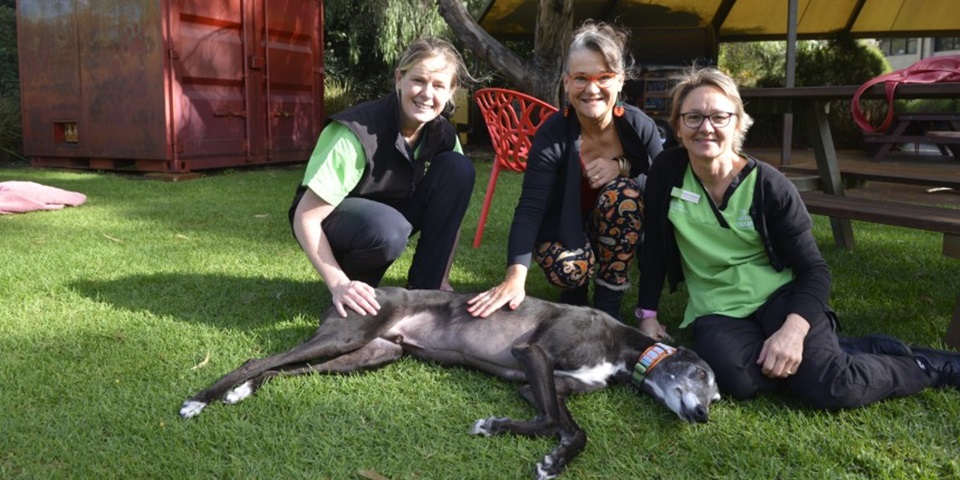News
Call for animal blood donors

Actively recruiting new pet blood donors can be a gruelling task, with a slow recruitment process that often doesn’t match the rate of dogs retiring from the program. One donation can save up to three lives.
The Animal Hospital at Murdoch University (TAHMU) is calling for more dogs and cats to come forward and be tested as possible pet blood donors.TAHMU Blood Bank Coordinator, Michelle Rouffignac said with a need to fulfil an ever-present demand for suitable donations and strict eligibility requirements in place for donors, pet blood donors are always in need.
“Right now, we are short on both dog and cat donors to cover all blood types and are keen to double the number of donors we have in the program.”
Ms Rouffignac explained just one blood donation can save up to three lives.
Actively recruiting new pet blood donors can be a gruelling task, with a slow recruitment process that often doesn’t match the rate of dogs retiring from the program.
“We sometimes go through up to five pet interviews before finding one that meets the criteria,” Ms Rouffignac said.
The requirements that dogs and cats will have to meet to be part of the donor program include appropriate body weight, fit and healthy with a relaxed and calm temperament.
“Ideally, they are also on flea and heartworm prevention, up to date with current vaccinations and are not on a raw food diet.”“Once we confirm the donor meets the criteria they will come into the hospital for a ‘meet and greet’ so we can get to know them. When a pet joins our program, we like them to commit for a minimum of one year, but ideally up to three,” Ms Rouffignac said.
One of the most common scenarios requiring a blood product transfusion in pets is the ingestion of rat poison.
Ms Rouffignac explained when a dog ingests rat poison it can lead to severe coagulopathy – a condition where the blood’s ability to form clots becomes impaired, causing a tendency for excessive bleeding.
“This was the case with a recent patient named Doug at TAHMU, who is an Australian Cattle Dog that ingested rat poison. He then began experiencing symptoms including bleeding from his nose and mouth, coughing up blood, lethargy and loss of appetite,” Ms Rouffignac said.
“When Doug presented to TAHMU, he had severe clinical coagulopathy, where his blood was unable to form clots, and he was cardio-vascularly unstable.
“Our clinicians suspected he had been bleeding in his lungs for at least two days, after excessive coughing, and blood in his mouth. Thankfully, we were able to provide Doug with both plasma and red cell transfusions.”
Ms Rouffignac explained the plasma replaces the clotting factors that were destroyed after ingesting rat bait, and the red cell component improved anaemia from the loss of fresh blood.
“These blood products, packed red cells and plasma, can be given to more than one animal, and without animal blood donors we wouldn’t be in the position to treat the many life-threatening diseases or be able to stabilise animals that have lost blood volume through injury.”
Pet owners can sign up their pets as blood donors by contacting the TAHMU via email communitybloodbank@murdoch.edu.au or phone 1300 652 494 and ask for Michelle Rouffignac.